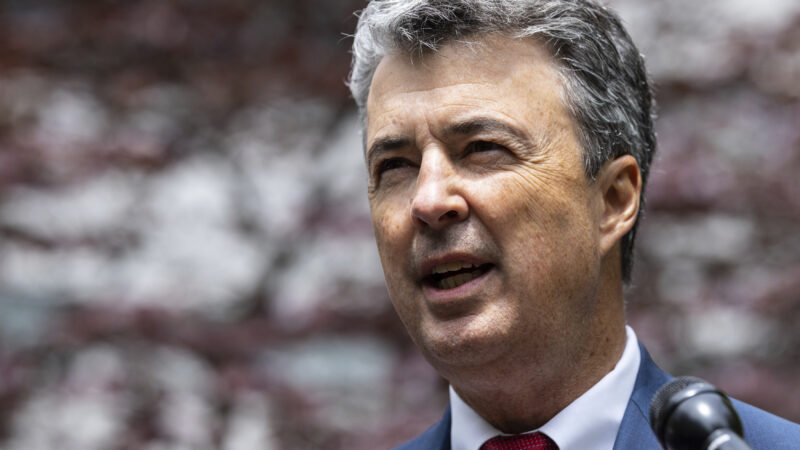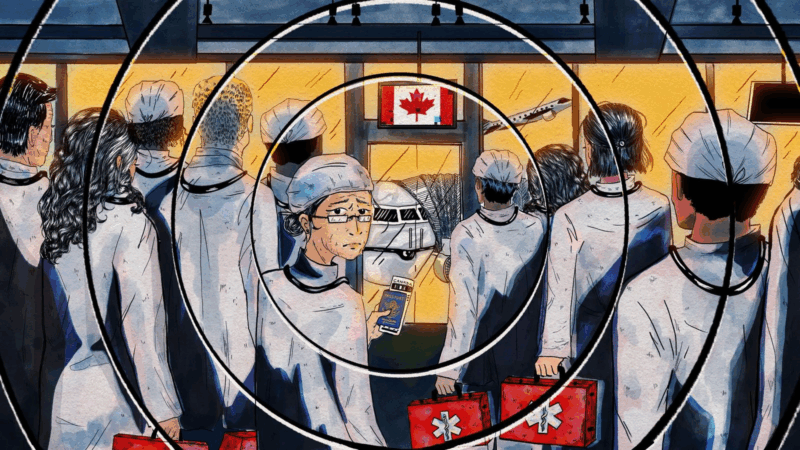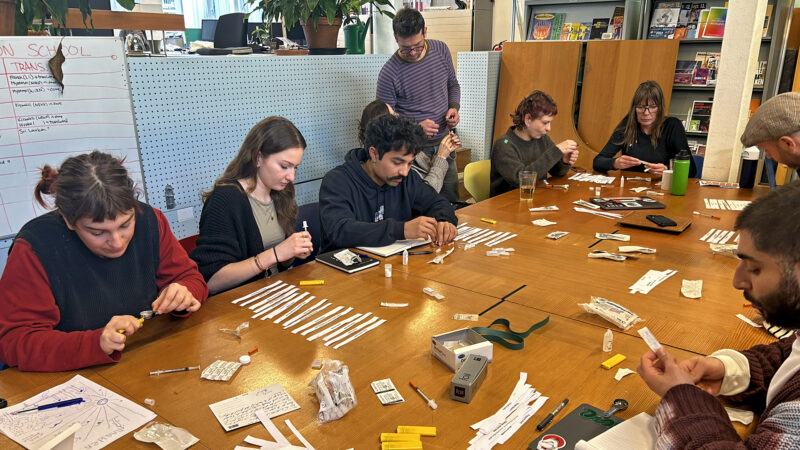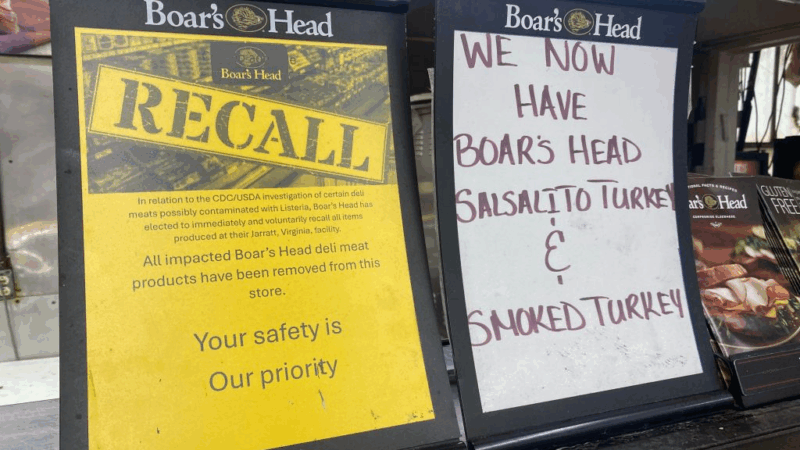European leaders scramble ahead of Trump’s Ukraine summit with Putin
PARIS — As U.S. and Russian envoys prepare to begin talks in Saudi Arabia on ending the war in Ukraine, European leaders have called an emergency meeting in Paris after being cut out of the peace negotiations.
The gulf between the U.S. and Europe on the Ukraine war and security issues crystallized for Europeans this past weekend at the Munich Security Conference, says Elie Tenenbaum, a security expert at the French Institute for International Relations.
“Their worst nightmare has come true,” he says. “They see that the Trump administration is going to bypass them and try to strong-arm Ukraine in negotiating a deal with Russia to end the war.”
Tenenbaum says European leaders were hopeful that the U.S. and Europe could work together under the new Trump administration. But comments last week in Europe by several U.S. officials — Secretary of Defense Pete Hegseth in Brussels, Vice President JD Vance and special Russia-Ukraine envoy General Keith Kellogg in Munich, and by President Trump himself after an hour-and-a-half call with Russian President Vladimir Putin, have poured cold water on any such hopes.
“The Europeans now realize they are standing alone,” he says.
Ukrainian President Volodymir Zelensky pleaded in Munich for Europe to join Ukraine in building a European fighting force “So that Europe’s future depends only on Europeans, and decisions about Europe are made in Europe,” he said to resounding applause.
“Zelensky is saying this is our moment — where we either stand up and fight or we give up and let the Russians and the Americans draw the lines,” says Tenenbaum.
Monday’s meeting hosted by French President Emmanuel Macron, will be joined by the leaders of Britain, Italy, Poland, Spain, the Netherlands and Denmark.
In an op-ed in British newspaper The Daily Telegraph, U.K. Prime Minister Kier Starmer wrote that he is ready to send troops to Ukraine to guarantee a peace deal.
At least three big European powers will need to step up to create a real guarantor force, says Tenenbaum.
“What you need is for the UK and Poland to be on board along with France. And ideally a fourth country which could be Germany or Italy,” he says.
Tenenbaum says Europeans will have to fight for a place at the negotiating table “to be enough of a troublemaker that the U.S. and Russia realize the process may derail if they’re kept out of the room.”
Tenenbaum will be looking to see if the Europeans are willing to take some risks and be bold enough to earn a seat at the table.
Alabama AG Steve Marshall to run for U.S. Senate
Marshall, a Republican, announced his candidacy in a video that included multiple clips of him being introduced or praised by President Donald Trump.
Morgan Wallen is the elephant in the room
In 2021, Wallen was caught on video uttering a racial slur. Since then he's become the most commercially successful musician in country and popular music. How? By remaining committed to ambivalence.
American doctors look to relocate to Canada to avoid the Trump administration
Canada has seen a surge of American doctors seeking to move north in the months since President Donald Trump returned to the White House.
Ramy Youssef is just trying to do the thing that entertains him
Ramy Youssef stays busy, creating shows like Ramy and #1 Happy Family USA, and starring in Poor Things and Mountainhead. He spoke with Rachel Martin about mortality and his gripe with Santa Claus.
Going Dutch: Harm reduction is embraced in the Netherlands but struggles in the US
The Netherlands has proven drug use harm reduction works. So why does it still face stigma, criminalization and political resistance in the Gulf South?
How safe is the food supply after federal cutbacks? Experts are worried
As the Trump administration slashes the federal workforce, experts say cuts to the USDA, FDA and CDC have left the food supply vulnerable to outbreaks of foodborne illness.







